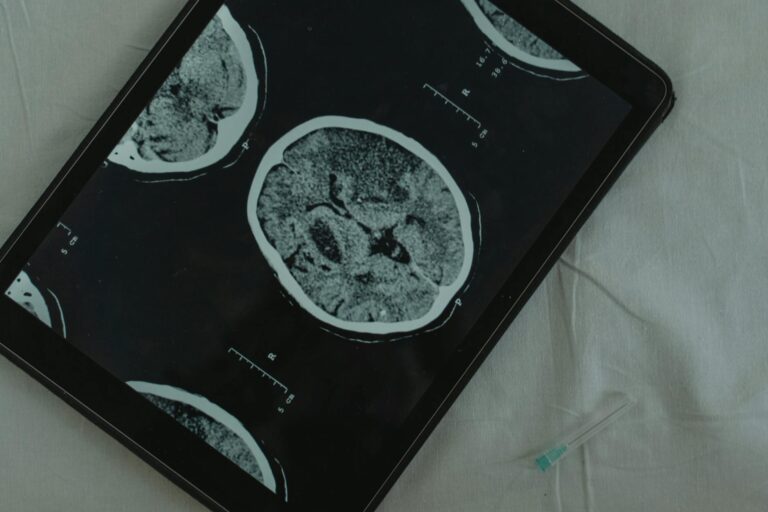Infantile dementia, also known as childhood dementia or pediatric neurodegeneration, is a rare and devastating condition that affects young children. It is a type of dementia that occurs in children under the age of six, where they experience a progressive decline in cognitive and motor abilities.
Unlike dementia in older adults, infantile dementia is not caused by age-related changes in the brain, but rather by genetic mutations or other underlying conditions. It is estimated that only 1 in every 100,000 children are affected by infantile dementia, making it an extremely rare and poorly understood disease.
Symptoms of Infantile Dementia
The symptoms of infantile dementia are similar to those seen in older adults with dementia, but they may manifest differently in young children due to their still developing brains. Children with infantile dementia may experience a delay in reaching developmental milestones, such as sitting up, crawling, or walking. As the disease progresses, they may also lose the ability to speak and communicate effectively.
Other symptoms include seizures, muscle stiffness, difficulty with coordination and balance, and behavioral changes such as irritability, aggression, and anxiety. These symptoms can be distressing for both the child and their caregivers, who may struggle to understand and cope with the changes in their child’s behavior.
Causes of Infantile Dementia
There are several different types of infantile dementia, each with its own underlying cause. The most common type is called Neuronal Ceroid Lipofuscinosis (NCL), which is caused by a genetic mutation that affects the body’s ability to break down and recycle waste products in the brain. This leads to a buildup of toxic substances that damage brain cells and cause the symptoms of dementia.
Other forms of infantile dementia may be caused by genetic disorders such as Tay-Sachs disease, Gaucher disease, or Niemann-Pick disease. In some cases, head injuries or infections of the brain can also cause dementia in children.
Diagnosis and Treatment
Diagnosing infantile dementia can be challenging because the symptoms may overlap with other developmental disorders or conditions. It often takes multiple tests and evaluations by specialists to make a definitive diagnosis.
Unfortunately, there is currently no cure for infantile dementia, and treatment options are limited. However, there are treatments available that can help manage the symptoms and improve the child’s quality of life. These may include medications to control seizures, physical and occupational therapy to maintain motor skills, and speech therapy to help with communication.
The Role of Caregivers
Infantile dementia not only affects the child but also has a profound impact on their caregivers. Children with dementia require round-the-clock care, which can be physically, emotionally, and financially draining for families. Caregivers must also navigate the challenges of caring for a child who may be unable to communicate their needs or understand their surroundings.
Caregivers of children with infantile dementia may also experience feelings of guilt, grief, and isolation. It is essential for them to seek support and resources to help cope with the demands of caring for a child with this condition.
The Future of Infantile Dementia Research
Due to its rarity, infantile dementia has received little attention from researchers compared to other forms of dementia. However, there is a growing interest in understanding the underlying genetic causes and developing potential treatments for this devastating condition.
Advancements in gene therapy and stem cell research offer hope for future treatments that may slow or even reverse the progression of infantile dementia. Additionally, early diagnosis and intervention can greatly improve the quality of life for affected children and their families.
In Conclusion
Infantile dementia is a rare and complex condition that can have a devastating impact on young children and their families. While there is no cure currently available, early diagnosis and intervention can help manage the symptoms and improve the child’s quality of life.
More research and understanding of the underlying causes are needed to develop effective treatments for this condition. In the meantime, it is crucial to raise awareness about infantile dementia and provide support for families and caregivers who are facing this difficult journey.





